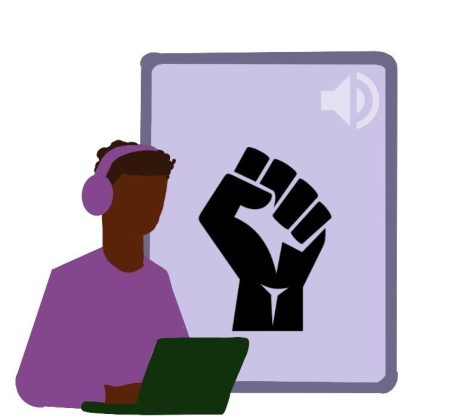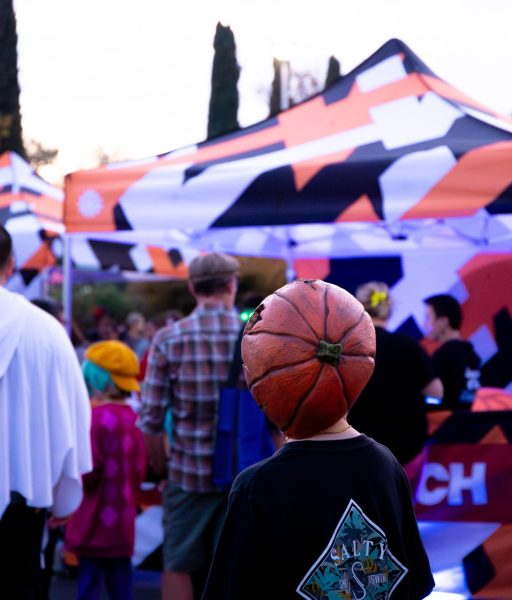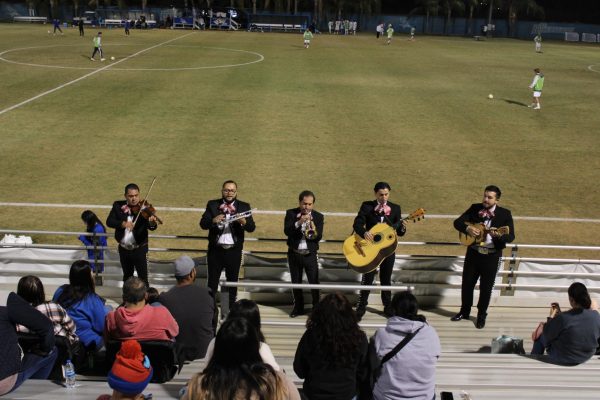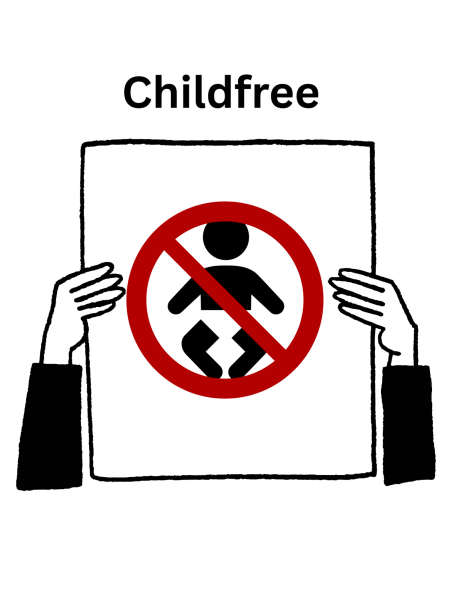Black and Afro-Indigenous voices need more ears
February 26, 2023

The Indigenous community in the Americas has always been notable for its diversity across tribes and their respective cultures. The Indigenous identity does not have a specific skin color or gender, yet we tend to constantly overlook and ignore a minority within a minority: Black and Afro-Indigenous people.
Inspirational figures such as Bessie Coleman and Prudencia Ayala have left their marks in history, but many do not recognize their achievements nor their Black and Afro-Indigenous identities. Also, modern-day Black and Afro-Indigenous activists often face comments from people who deny their Indigeneity as a result of being mixed race.
In’yoni Felix, an Afro-Indigenous activist and singer, explains how they felt reconnecting to their culture as a mixed person.
“It’s a new experience for me because having to kind of like water myself down always as just a black girl or the pretty black girl; that was me in elementary school, and just fully embracing every piece of my culture, it’s insane,” said Felix in a story with DIG magazine.
Many misconceptions about the Black and Afro-Indigenous identity come from the blood quantum myth, which says that one must have a minimum Native blood percentage in order to identify as such and divides Native blood into fractions based on the blood quantum of one’s ancestors.
Blood quantum was first introduced by the United States government to limit the voices and rights of Native American individuals.
However, many Native American activists in the modern age recognize blood quantum laws as a means to divide and silence Indigenous voices. As a mixed Indigenous individual myself, I was taught that it is our connection to our culture and our ancestors that defines our Indigenous identity.
Unfortunately, too many people are unaware of the constant struggles of the Black and Afro-Indigenous communities. These are individuals who face racism and erasure of their Indigenous identities and many people, including those of us who are of other Indigenous ancestry, appear to simply turn a blind eye to their plight.
Anthony Tamez-Pochel, vice-chair of the Center for Native American Youth Advisory Board, said at the Celebrating Black & Indigenous Excellence event that he was often viewed as “just a black man” by others, and was told that he “didn’t look like the Blackhawks,” which is an incredibly racist remark.
Autumn Rose Williams, an Afro-Indigenous activist and formerly Miss Native American USA, retells her experience, saying “People will always try to put you in a box. You can combat that by being proud of who you are, being strong in who you are, and remember that you are enough.”
In honor of Black History Month, I am encouraging my Indigenous siblings and non-Indigenous allies to take a moment and listen to the stories of Black and Afro-Indigenous activists and advocates. Many of these stories can be found on social media platforms like Instagram or TikTok.
Simply listening and interacting with this content can uplift these marginalized voices and help the world listen to a group of people that have been disregarded for far too long.






